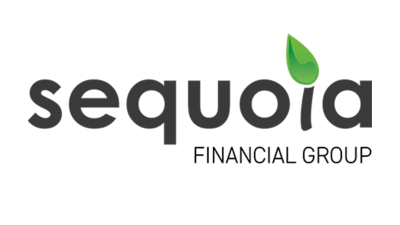Artificial intelligence presents undiscovered potential for ESG



ESG and responsible investing is yet another sector set to benefit from opportunities offered by artificial intelligence (AI), but it also brings its own challenges.
The scope for potential applications of AI technology to responsible investing, and the investment world at large, is possibly enormous but has not yet been fully explored.
Speaking to Money Management, Jono Broome, associate director of client advisory at Morningstar Sustainalytics, said the industry is only scratching the surface of what it can achieve.
“We are in such an infant stage of understanding and developing these technologies that it’s likely we haven’t yet discovered or come up with even a fraction of what these applications might be.”
“Given much environmental and social-related information exists in unstructured, often qualitative forms, the ability to synthesise these masses of unstructured data into meaningful insights presents great opportunities for the RI industry.”
A recent survey of 250 C-suite executives and investors conducted by Bloomberg Intelligence also demonstrated wide support for AI in the context of ESG. The study found that nine out of 10 respondents stated AI is a “friend, not foe” to ESG. Moreover, it will help strengthen traceability, generate better data and uncover controversies across languages.
However, Broome cautioned against using these binary terms: “It’s difficult to simply categorise the role that AI will play in ESG and responsible investing as either ‘good’ or ‘bad’ or ‘friend’ or ‘foe’.
“It’s likely we will see both positive and negative impacts of these technologies, and some of the outcomes might be unintended or unforeseen until put into use.”
The associate director identified the technology’s ability to assist investment managers in synthesising masses of unstructured ESG data into meaningful insights as a key benefit.
Broome is also observing these advantages at Morningstar Sustainalytics, including efficiency gains in collecting and curating data which consequently benefits clients with added coverage and timeliness.
“Some of the challenges might surround how investment professionals understand the technology and learn how to use AI insights for responsible investing,” he recognised.
This may include financial product disclosures and marketing, echoing wider concerns surrounding greenwashing.
“We also are in very early days in terms of the source data that can be used to train AI. For many companies, 2023 will be the first year they are reporting on a range of environmental and social metrics.”
Looking at the future of ESG and RI, Broome expects to see greater substantiation of environmental and social claims made by asset managers, evident in ASIC’s enforcement action over 2023.
“[I see] a general maturing of the industry as the ESG debate goes mainstream. Those players with well thought through responsible investment strategies will be well-versed and resilient to healthy debate and scrutiny.”
In addition, ESG research providers will see further regulation across a range of jurisdictions, benefitting investors globally with closer scrutiny and greater transparency in methodology.
“Regulation will continue to play a critical role in the maturation of the RI industry in Australia and globally, particularly as we see pioneering legislation play out in jurisdictions such as the EU, and policymakers observe how we can learn from them.”
Earlier this month, the CFA Institute, the Global Sustainable Investment Alliance (GSIA) and Principles for Responsible Investment (PRI) came together to develop a new resource towards improving consistency in the terminology used in responsible investment.
The three global organisations collaborated to harmonise definitions for five terms. These are: screening, ESG integration, thematic investing, stewardship and impact investing.
Recommended for you
Despite the government agreeing to replace SOAs with CARs, the FAAA and SIAA believe greater streamlining of documentation is needed for the change to have a positive impact on advisers.
There are “multiple black swan events” threatening the financial advice industry currently, according to the FAAA’s Phil Anderson, potentially running up the compensation bill for advisers.
Former national business growth manager at AMP Advice has taken a new role at Sequoia Financial Group.
With the ESG label often causing confusion among investors, Nanuk Asset Management has encouraged financial advisers to use more plain, specific language with their clients.















